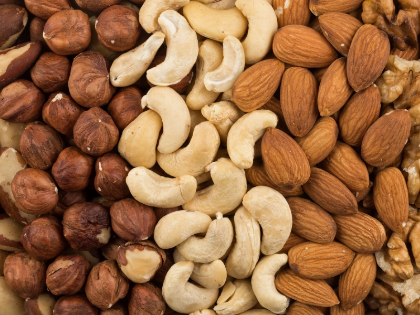Vitamin K's Crucial Function in Blood Clotting
The liver is where the body makes vitamin K, which is then used to generate the proteins needed for bone metabolism and blood clotting. Prothrombin and osteocalcin are a couple of these. The majority of people obtain enough quantities of vitamin K from their diets, particularly from fermented foods like sauerkraut and leafy green vegetables. In addition, vitamin K2 can be found in some foods and as a nutritional supplement.
Vitamin K: What Is It?
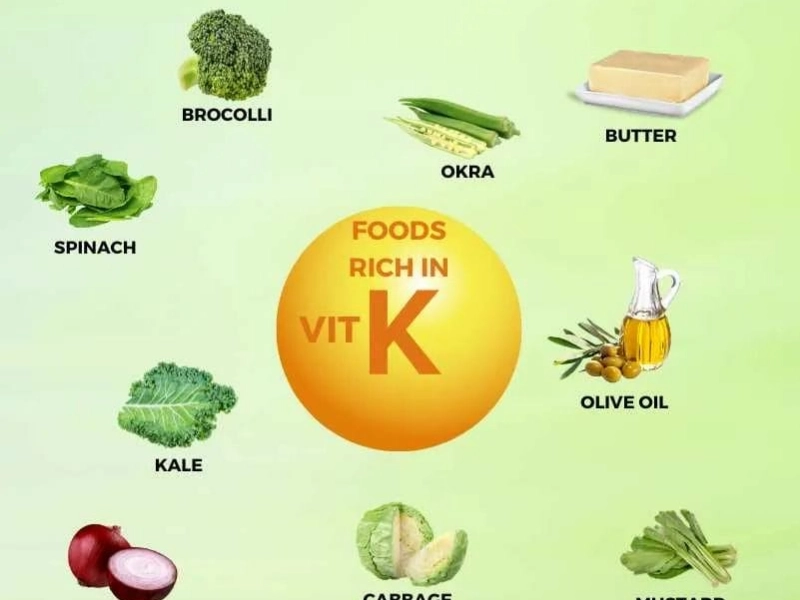
How Is K-Vite Made?
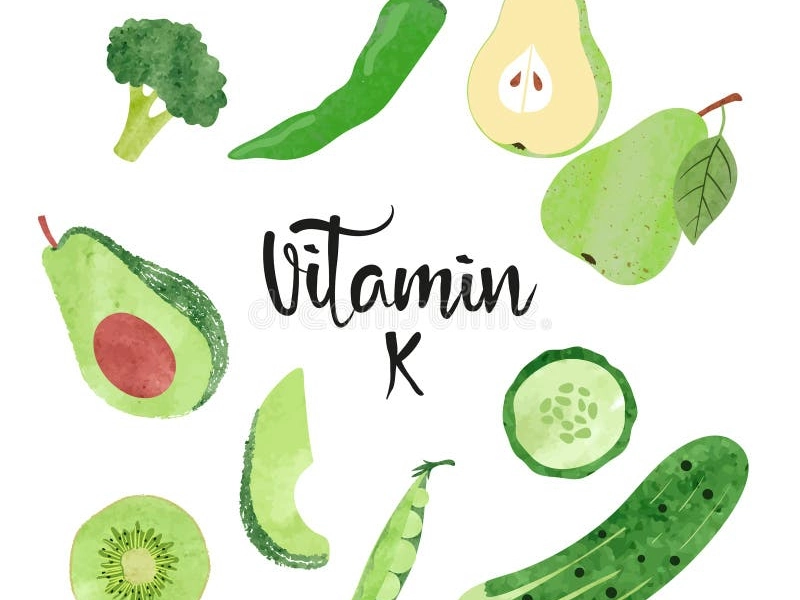 Many foods include fat-soluble vitamin K, also known as kyoagulation. This vitamin is essential for the correct operation of multiple proteins that are involved in bone metabolism, blood clotting, and other physiological processes. Phylloquinone (vitamin K1) and menaquinones (vitamin K2) are the two naturally occurring vitamins that make up vitamin K.
Leafy green vegetables and some fermented foods contain dietary vitamin K1. Bacteria in the large intestine also produce it. Certain animal products and fermentation processes include vitamin K2.
After consumption, enterocytes in the small intestine absorb vitamin K after it has been solubilized by pancreatic enzymes and bile salts. After that, it is delivered to the liver. It is transformed into vitamin K epoxide in the liver and used in protein carboxylation processes. Additionally, the vitamin is recycled to top out the hepatic store. Individuals using anticoagulants, such as warfarin (Coumadin), may need to be sure they are getting enough vitamin K from their food on a regular basis.
Many foods include fat-soluble vitamin K, also known as kyoagulation. This vitamin is essential for the correct operation of multiple proteins that are involved in bone metabolism, blood clotting, and other physiological processes. Phylloquinone (vitamin K1) and menaquinones (vitamin K2) are the two naturally occurring vitamins that make up vitamin K.
Leafy green vegetables and some fermented foods contain dietary vitamin K1. Bacteria in the large intestine also produce it. Certain animal products and fermentation processes include vitamin K2.
After consumption, enterocytes in the small intestine absorb vitamin K after it has been solubilized by pancreatic enzymes and bile salts. After that, it is delivered to the liver. It is transformed into vitamin K epoxide in the liver and used in protein carboxylation processes. Additionally, the vitamin is recycled to top out the hepatic store. Individuals using anticoagulants, such as warfarin (Coumadin), may need to be sure they are getting enough vitamin K from their food on a regular basis.
What Are the Effects of Vitamin K Deficiency on the Body?
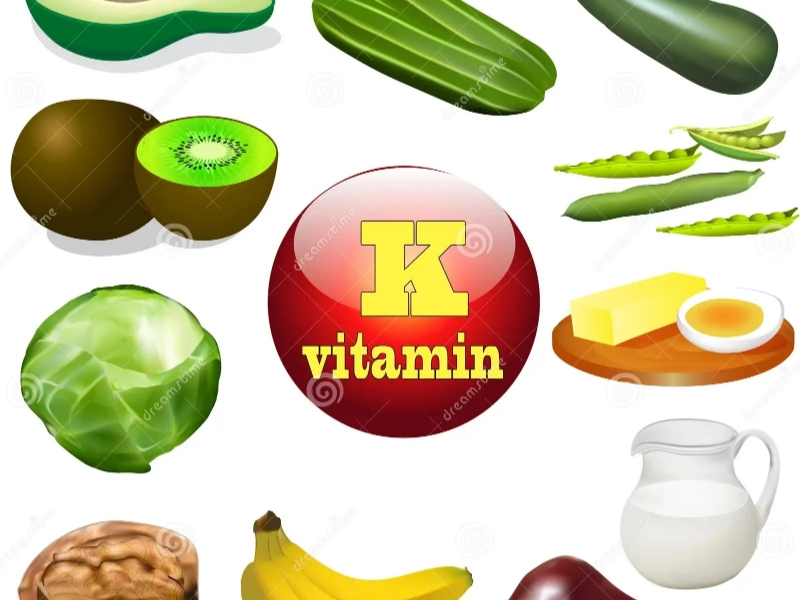 Adults rarely have vitamin K deficiencies since most people consume enough of it through a balanced diet. However, the body's capacity to produce or absorb vitamin K is hampered by a number of diseases and drugs.
The liver cannot synthesise blood clotting proteins such as factors II, VII, and IX in the absence of sufficient vitamin K. When a wound is wounded, it is necessary for the creation of clots to halt the bleeding.
Excessive bleeding, including into the skin (resulting in bruises), from the nose or gums, and in the stomach or intestines, is a sign of vitamin K insufficiency. Life-threatening bleeding can happen to neonates.
Another factor that might lead to bone loss is inadequate vitamin K intake (osteoporosis). Furthermore, osteoporosis may be exacerbated by low phylloquinone intake linked to gastrointestinal disorders like Crohn's disease and primary biliary cirrhosis. But more investigation is required. Enough dietary phylloquinone (vitamin K1) appears to help lower the incidence of age-related bone loss, according to observational studies. People on warfarin (Coumadin) should be careful to take consistent doses of vitamin K every day, as this medicine interferes with the vitamin's ability to coagulate blood.
Adults rarely have vitamin K deficiencies since most people consume enough of it through a balanced diet. However, the body's capacity to produce or absorb vitamin K is hampered by a number of diseases and drugs.
The liver cannot synthesise blood clotting proteins such as factors II, VII, and IX in the absence of sufficient vitamin K. When a wound is wounded, it is necessary for the creation of clots to halt the bleeding.
Excessive bleeding, including into the skin (resulting in bruises), from the nose or gums, and in the stomach or intestines, is a sign of vitamin K insufficiency. Life-threatening bleeding can happen to neonates.
Another factor that might lead to bone loss is inadequate vitamin K intake (osteoporosis). Furthermore, osteoporosis may be exacerbated by low phylloquinone intake linked to gastrointestinal disorders like Crohn's disease and primary biliary cirrhosis. But more investigation is required. Enough dietary phylloquinone (vitamin K1) appears to help lower the incidence of age-related bone loss, according to observational studies. People on warfarin (Coumadin) should be careful to take consistent doses of vitamin K every day, as this medicine interferes with the vitamin's ability to coagulate blood.
What Adverse Reactions Can a Vitamin K Deficiency Cause?
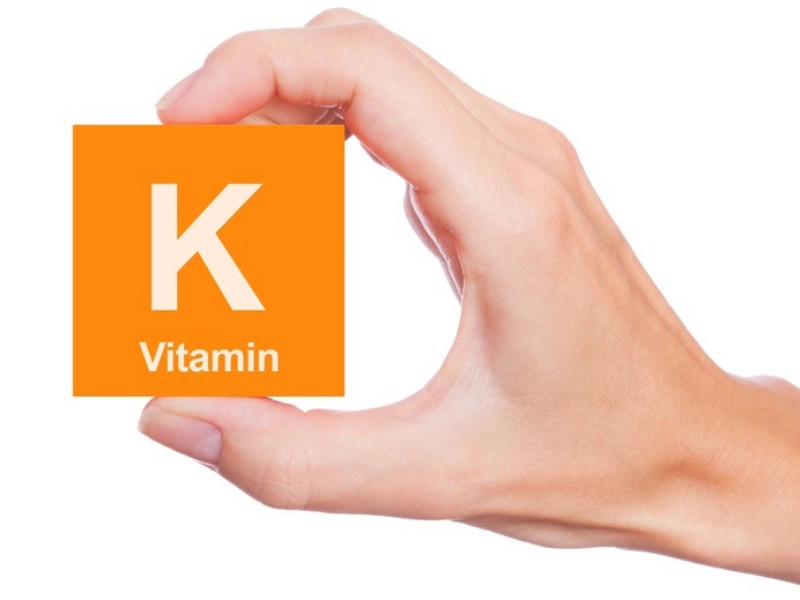 Abnormal bleeding is the most visible side effect of vitamin K deficiency. Usually, clotting time measurements from blood tests are used to diagnose the illness. Blood in the urine or stool, tarry black faeces, nosebleeds, easy bruising, and excessively heavy menstrual bleeding (haemorrhage) are among the symptoms. A deficiency of vitamin K in infants can result in cerebral haemorrhage—a potentially fatal brain haemorrhage.
Adults rarely have a vitamin K deficit since most diets contain sufficient levels of the vitamin and the body is able to synthesise the proteins required for blood clotting. Nevertheless, certain illnesses and drugs might prevent the body from producing or absorbing vitamin K. For instance, the vitamin may not be absorbed well by those who suffer from disorders that cause fat malabsorption. Moreover, anticonvulsants like phenytoin lower vitamin K levels. Furthermore, the clotting activity of vitamin K is inhibited by the common blood-thinning drug warfarin (Coumadin).
Abnormal bleeding is the most visible side effect of vitamin K deficiency. Usually, clotting time measurements from blood tests are used to diagnose the illness. Blood in the urine or stool, tarry black faeces, nosebleeds, easy bruising, and excessively heavy menstrual bleeding (haemorrhage) are among the symptoms. A deficiency of vitamin K in infants can result in cerebral haemorrhage—a potentially fatal brain haemorrhage.
Adults rarely have a vitamin K deficit since most diets contain sufficient levels of the vitamin and the body is able to synthesise the proteins required for blood clotting. Nevertheless, certain illnesses and drugs might prevent the body from producing or absorbing vitamin K. For instance, the vitamin may not be absorbed well by those who suffer from disorders that cause fat malabsorption. Moreover, anticonvulsants like phenytoin lower vitamin K levels. Furthermore, the clotting activity of vitamin K is inhibited by the common blood-thinning drug warfarin (Coumadin).




